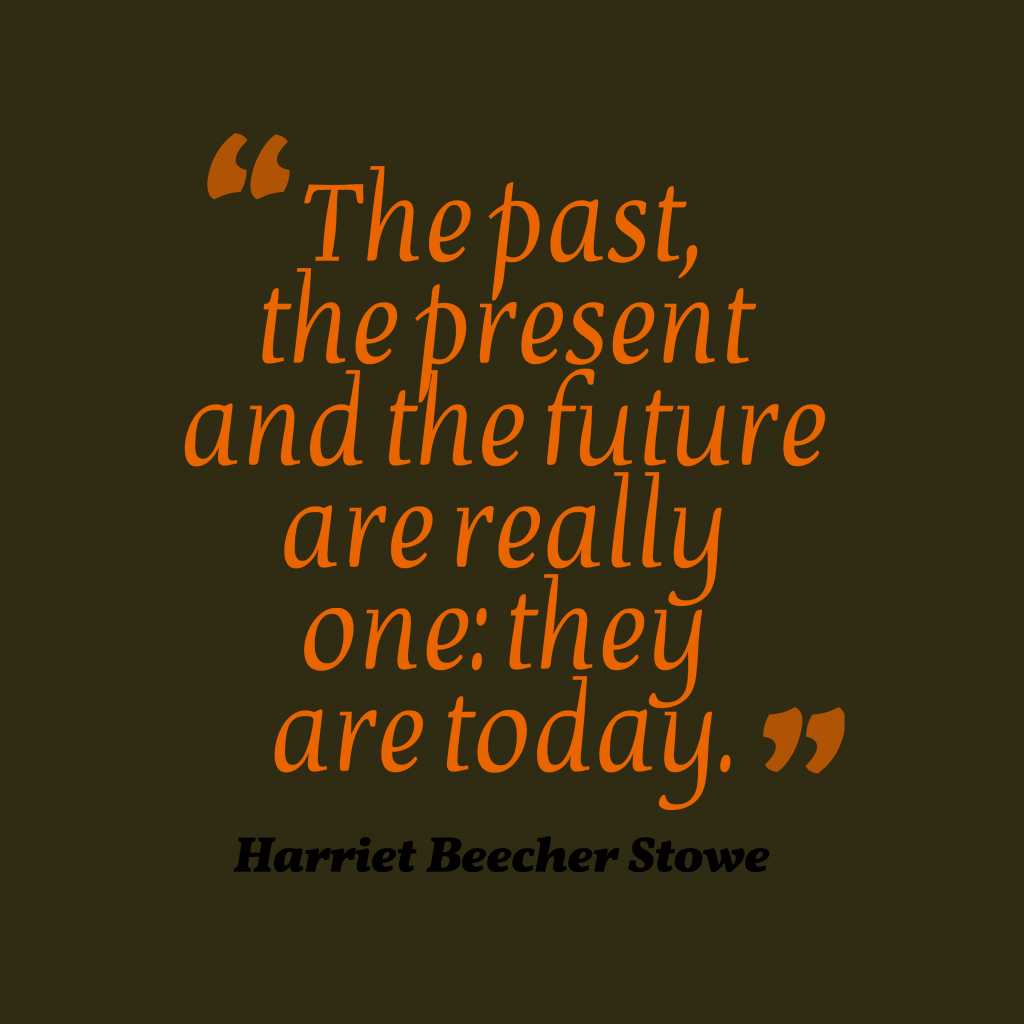
Decisions about what actions we might have taken in the past appear straightforward. Would we have fought Nazism in its infancy or gone along with the discrimination, mayhem, and violence? Would we have supported civil rights marchers and freedom riders, ignored them or asked them for gradualism? Would we have fought for women’s suffrage or suggest they remain second class citizens?? Would we have supported a 40-hour work week or allowed industrialists to willfully abuse employees? Would we have demanded that Union Carbide spend the money to fix the plant in Bhopal or worry about the “chilling effect” that might have on foreign investment?
We are all righteous in our imaginations. We would not have been lined up in the streets and offered flowers in adoration to Hitler; no, we’d have protected Jews –and others- and fought for their rights while publicly denouncing Nazism. And so on.
Just as we confer Sainthood on the courageous of the past, we find our own morality in the past as well. We do so partially so we don’t have to enact it in the present. It’s easier to be comfortable than openly and actively moral. Even for otherwise good people, silence is easier than noise.
But noise we need. And the present we must manage if we are to have a decent future.
In India, self-proclaimed “patriots” rightly shudder when they think of the draconian laws and murderous behavior of the British, as they ruled India, robbed the people of their wealth, and presided over death and penury at a scale the world had not seen before; they celebrate however when these very laws and behavior are enacted by their current Government over groups of people who they consider untermenschen. “It is different this time around,” is the refrain. The song, however, remains the same.
Others feel uncomfortable at the events unfolding but satisfy themselves with soothing thoughts about the “pendulum swinging back.” Here, one must not look at History purely as a series of atomic events in different points of time. The causal forces in History are not understood or accounted for in a purely phenomenological fashion. Not always in history did the pendulum indeed swing back in time but even when it did, it did so as the result of action, protest, insurrection, and revolution. It did not come back on its own- it never does.
Some good Germans watched as their Republic eroded, piece by piece, and kept thinking that the pendulum would swing back. What we got in this process was Nazism and World-War Two. Many otherwise well-meaning white Americans asked civil rights organizations to slow down, to embrace a benign gradualism. As we’ve been reminded, they asked African –Americans to put a timeline on their own freedom and dignity. What we got from this abdication was lynchings, redlines and assassinations.
As we sit back and wonder, in awe, how ordinary people could let demagoguery metastasize into violence, mayhem, and mind-bending destruction so many times in history, we avoid the mirror. The mirror yields our image in the present.
So we have a choice about the world we will have. We have a choice about what generations hence will think of us. We have a choice to stop using the ease of invoking the past to sully the present and the future.
Indeed, it is not different this time.
Romi Mahajan in an Author, Marketer, Investor, and Activist
SIGN UP FOR COUNTERCURRENTS DAILY NEWS LETTER








































